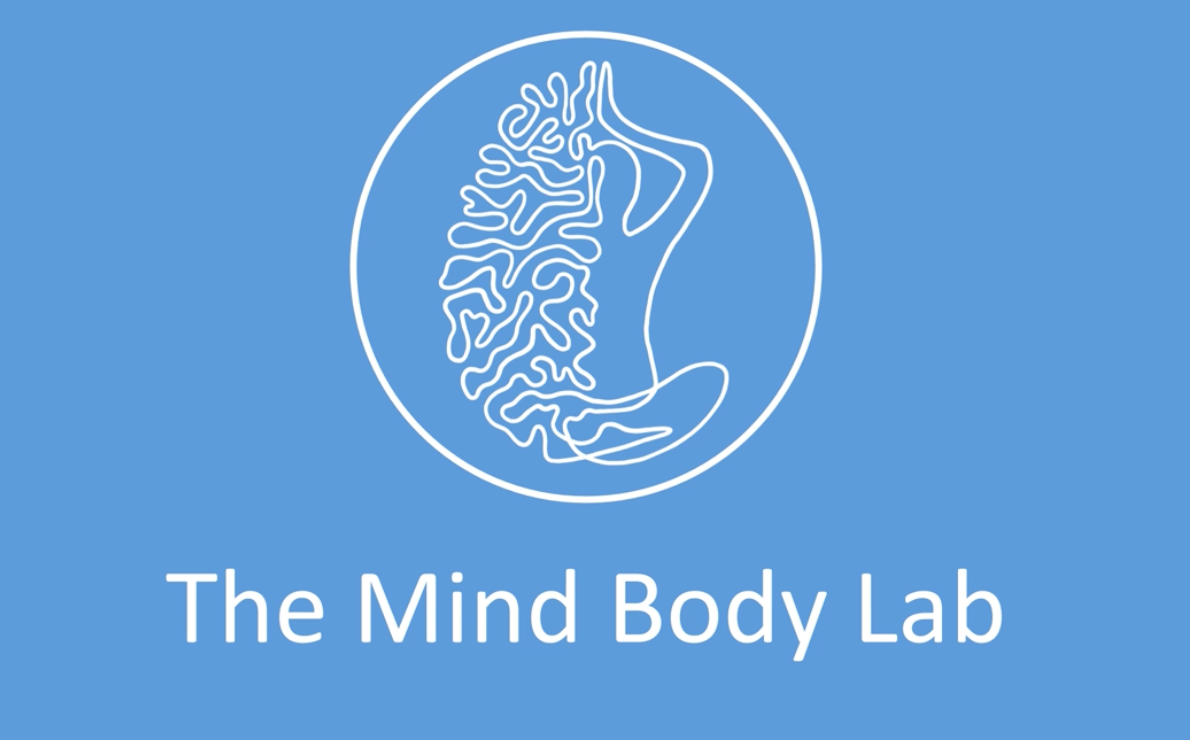About the group
The Mind Body Lab is a research group headed by Silje Endresen Reme and Henrik Børsting Jacobsen.
Our focus and passion evolves around the complex interplay between our minds and bodies, and includes both experimental and applied research. Central research topics involve stress and coping, chronic pain, post-surgical pain, pain and cognition, spirituality and health, sick leave and work rehabilitation.
Projects
Every year, more than 3000 Norwegian women undergo breast cancer surgery. More than 40% of them will struggle with pain and fatigue years after surgery, regardless of surgical procedure. The primary aim of this study is to test the effectiveness of a psychological pre- and post-operative intervention to prevent chronic post- surgical pain and fatigue in women undergoing breast cancer surgery.
This randomized controlled trial aims to compare the efficacy of two vagal nerve innervation treatments, motivational nondirective resonance breathing and transcutaneous vagus nerve stimulation, on heart rate variability and pain intensity in patients suffering from CWP. This project tests new and potentially effective means of treating a major global and public health concern where prevalence is high, disability is severe, and treatment options are limited.
Religious Attitudes and Experiences among Norwegian Psychology Students: A replication study
In 2005 Norwegian psychology students were invited to participate in a survey about religion and psychology. They were asked if and how religious and spiritual topics were addressed in lectures and seminars, as well as their attitudes towards including such topics in the psychology educational program. 93% reported that there was no focus on religion in their studies. 78% agreed that religion should constitute a greater part of their educational program. Most students, 92%, also felt that more knowledge about religion would make students better able to help people with other cultural and religious backgrounds than themself. Now, 15 years later, we replicate the study from 2005, to assess whether or not there are significant changes in the attitudes and experiences of Norwegian psychology students when it comes to religion and psychology.
Symptoms of post-traumatic stress disorder in patients with chronic pain
PTSD is prevalent in patients with chronic pain. However, it is often overlooked in clinical practice. We wanted to see what proportion of the patients in a Norwegian university hospital outpatient pain clinic would report posttraumatic stress symptoms at a level consistent with a PTSD diagnosis when asked. Results showed that one-fifth of patients with chronic pain fulfilled the criteria of a diagnosis of PTSD. This patient group also reported more severe pain and higher levels of disability, psychological distress, pain catastrophizing, and perceived injustice, as well as higher levels of fatigue and sleep difficulties when compared with patients without PTSD.
Cooperation
We cooperate with researchers nationally and internationally. Key partners are Oslo University Hospital, The Norwegian Cancer Society, NORCE Norwegian Research Centre, Sunnaas Hospital, The Karolinska Institute, Örebro University and Ichan School of Medicine, Mount Sinai NYC.
